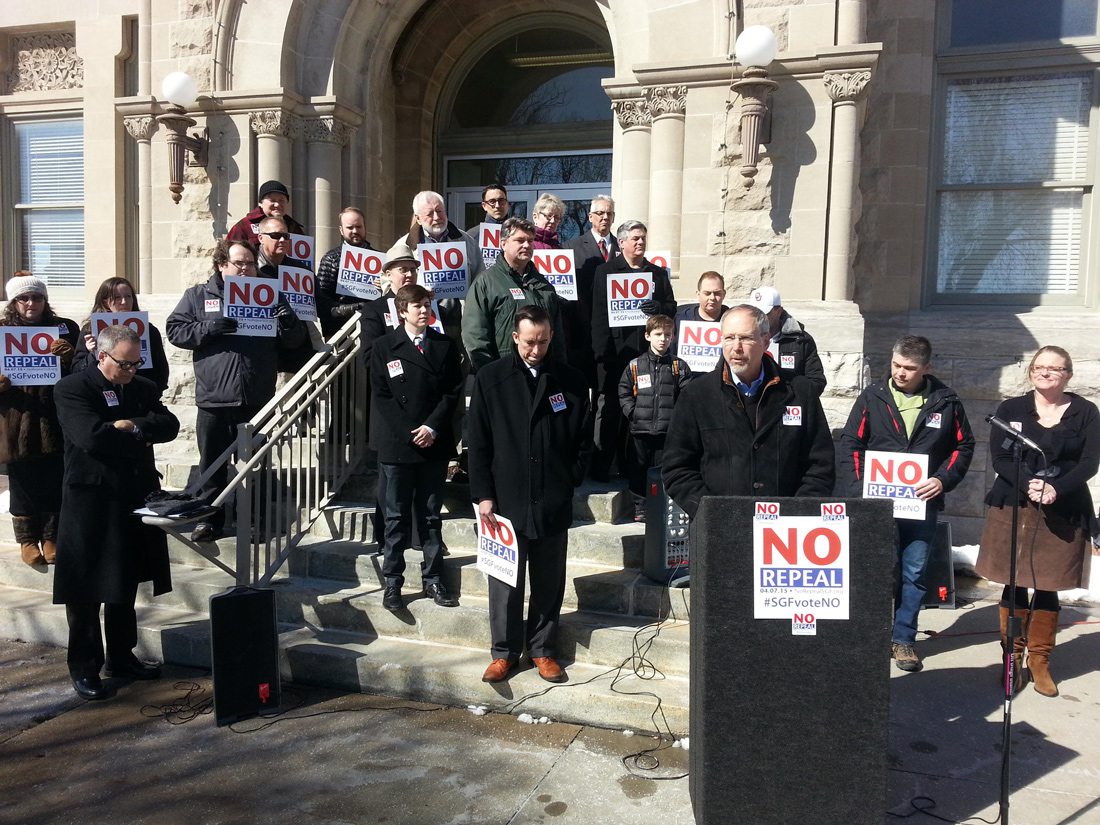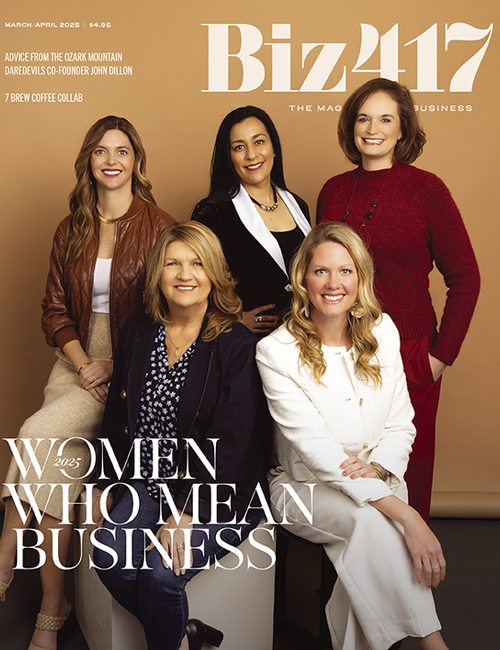
Communication
How Political Opinions Can Impact Your Business
More businesses are weighing in on social and political issues, but is it ultimately good for their bottom lines? Local business owners weigh in.
By Juliana Goodwin
Jul 2018

After the Parkland, Florida, shooting in February, Dick’s Sporting Goods announced it would quit selling assault-style weapons like the one used in the high school shooting. There is a national trend of companies wading into controversial issues, but it’s not quite as prevalent in the Ozarks, says Angela Smith, owner of ADsmith Marketing & Advertising. A few years ago, that wasn’t the case.
In 2015, two local business owners, Jeff Schrag and James Martin, publicly voiced their opinions on a controversial social issue: the SOGI ordinance. The ordinance expanded the city’s nondiscrimination policy to give protections based on sexual orientation and gender identity. Soon after, there was a move to repeal it, and the two were against the repeal—which ultimately prevailed.
Schrag owns Mother’s Brewing Co., and Martin owns Gilardi’s Ristorante. Although their position had the potential to cost them customers, Schrag and Martin echoed they have no regrets. “It’s always interesting to me,” Schrag says. “Sierra Nevada Brewery has a really strong policy: ‘We sell beer to Republicans and Democrats.’ They never take a stand on anything. That is the question with a business, how many people do you attract versus how many do you alienate?”
Before a business sides with an issue, it’s important to know your audience and your brand and mull over the potential consequences. “They have to have a strategy and know how it will affect their customer base,” she says. “Will it impact the bottom line?” If a company does take a stand, it better follow through. If you advocate for equal treatment of women, make sure there is no harassment in the ranks, Smith says. Also, have a social media strategy. Social media can spread quickly, and owners want to be sure the image they’re portraying is exactly what they intended.
There are ways a business can support a cause without alienating 50 percent of its customer base, such as by supporting local charities or education, Smith points out, which is how she says she tries to make a difference. However, research indicates younger consumers want businesses to take sides. “A survey done last year by Global Strategy Group said 81 percent of people in the survey believe corporations should take a stand,” she says. “That is up 9 percent from four years ago.”
Millennials and others are lashing out at corporate greed, Martin says. “I think it’s being driven as a reaction to the other way of doing business, which is ‘How much money can I make, and how fast can I make it?’” Martin says. “Younger business owners want a counterbalance; they want a different conversation.” He says his choice to voice his opinion has affected his business in a positive way because customers see him as being active in the community. He believes when you do good, good things come back to you.
Ultimately, the choice to speak out—regardless of the position your company takes—is a personal one, Smith says. And that is exactly what Martin and Schrag say it boiled down to: their core beliefs. “I believe we should be corporate citizens,” Schrag says. “I just believe in equality in the United States, and I don’t understand how you can say ‘These people are not equal to these people over here.’ If you look at the history of enfranchisement, we don’t do it elegantly or swiftly, but we do it eventually. Women have not had the right to vote for [even] 100 years [yet]. Think about that.”












